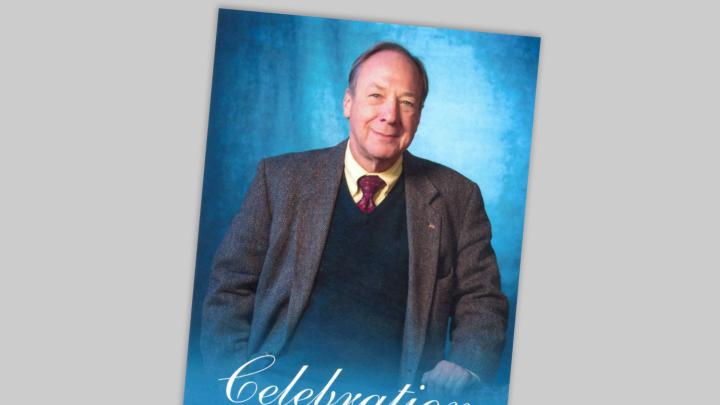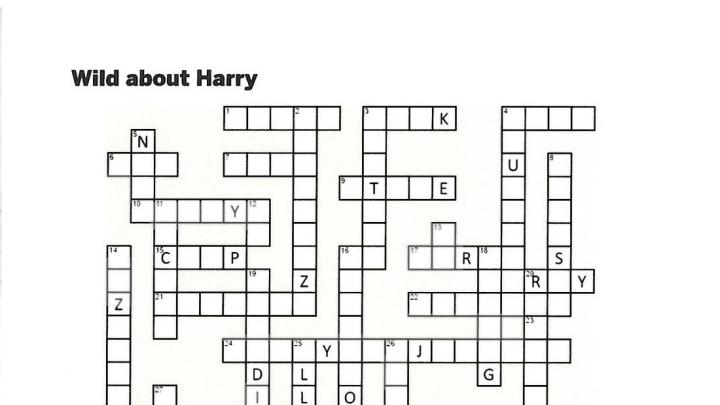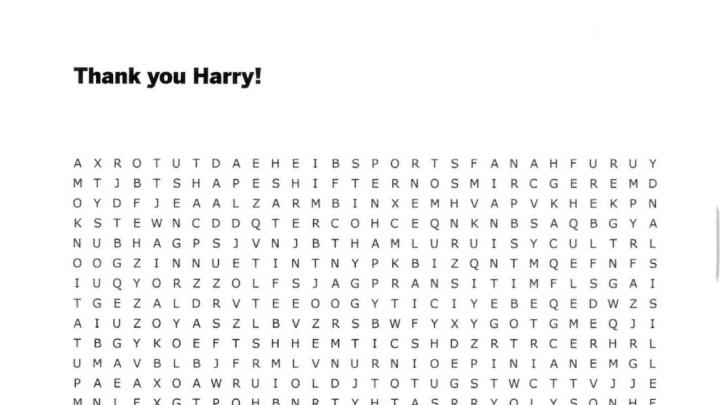At a Wednesday event billed as “A Celebration of Computer Science at Harvard in Honor of Harry Lewis,” one of his former teaching fellows described how Lewis had “given us the license” to grade any programming assignment that “had an inline constant” with an “F” and hand it back. That might seem tough, but years later, having taken up a career on Wall Street, the import of that lesson—abstract when Lewis taught it—was powerfully driven home for Marty Chavez ’85. The incoming CFO of Goldman Sachs then described the disaster that ensued when someone included such a constant in a piece of trading software, causing it to “put in an order to buy nearly every listed option in the U.S. market for a dollar.”
But Lewis, who is Gordon McKay professor of computer science, a stalwart of the department, former dean of the College, and lately, perhaps, a thorn in the side of the current Harvard administration (a point of pride, one expects), is known for more than tough love. On this occasion, to celebrate his seventieth birthday—and, as he put, the news that “someday, he would be retiring”—he was celebrated for his personal touch in the presence of friends, family, and former students, whose ranks include seven members of Harvard’s CS faculty. Many spoke movingly of how he had changed their lives.
One of Lewis’s students from the 1980s recalled that, when he came out as gay, “Harry was the next person that I wanted to tell” after telling his parents. Lewis flew out to see him in San Francisco, and “wanted to go to a really cool gay bar.” Years later, when Lewis revised his textbook, Elements of the Theory of Computation, his support took another form. He sent the former student a copy “and said that, thinking of me, he had decided to put our mutual favorite gay guy on the cover of his book”: Alan Turing, the brilliant British computational theorist and cryptanalyst whose work helped the Allies win World War II. Another speaker recalled that Lewis had lectured in class about Turing, who years after the war was chemically castrated by the British government for homosexual acts. That was the day, she said, that she felt she truly belonged at Harvard.
This was a side of Lewis that those who knew him only as dean of the College from afar probably did not guess at. Even outside the formal presentations, as attendees broke for coffee or lunch, alumni spoke of how Lewis had befriended them when they were struggling academically or personally.
Others spoke of Lewis as a role model. Welch professor of computer science Stuart Sheiber confessed that even now, when faced with difficult decisions, he asks himself, “What would Harry do?” The answer, he thought, could be distilled into three principles. First, Lewis would care—something Sheiber said was manifest not only in the remarks of other speakers, but in the high standards Lewis brought to his professional work. Second, he would promote character over knowledge. And third, he would pursue the right over the popular.
On this last point, Sheiber alluded to Lewis’s tenure as dean of Harvard College from 1995 to 2003, during which, arguably, he reshaped undergraduate life more powerfully than anyone else in recent memory. Among other things, Lewis instituted randomization of the Houses, abolishing self-perpetuating stereotypes (preppy, athletic, or artsy, for example) in order to ensure that the diverse student body would not self-segregate in their housing choices.
A panel discussion paid tribute to another aspect of undergraduate education that Lewis has thought deeply about: what happens in the classroom. Are lectures the best way to teach? Are they the best way to learn? A lively conversation ensued. Lewis has been teaching successfully using a flipped classroom, in which students learn principally from each other by tackling problems together, while the professor circulates and coaches (see his “Reinventing the Classroom,” written for this magazine). He joked during the discussion that his very presence at the celebration testified to the success of such a model: “I taught my class very effectively from 10-11 this morning,” he quipped, with a nod to a student who had just arrived for the celebration, having led the class in Lewis’s absence.
After lunch, as the guests mingled, Rebecca Nesson ’94 described a recent instance when Lewis spoke up on behalf of “oddballs,” the title of her tribute to Lewis. A committee at the Extension School, where many students take classes at night and online, had been discussing changes that would have made it difficult for certain kinds of students—people with disabilities who can’t live residentially, deployed military, professional athletes and performers, or older candidates—to continue earning their degrees. “These are the oddballs. Are we trying to say that there’s no place for oddballs here at Harvard?” Lewis had asked. The telling story echoed many others from the day. Danielle Feinberg ’96, a former student now director of photography for lighting at Pixar, where she works on animated films, said that Lewis reminded her of the hero of one of the movies she’d worked on, about a robot that salvages objects that others have thrown away. “Harry Lewis reminds me of WALL.E,” she said to an eruption of laughter from the crowd, which quickly quieted. “He finds beauty and value in things that others cast off.”
For a crossword puzzle and word list search celebrating Lewis’s career, see the gallery above.
A video of the full day's events can be viewed here.










